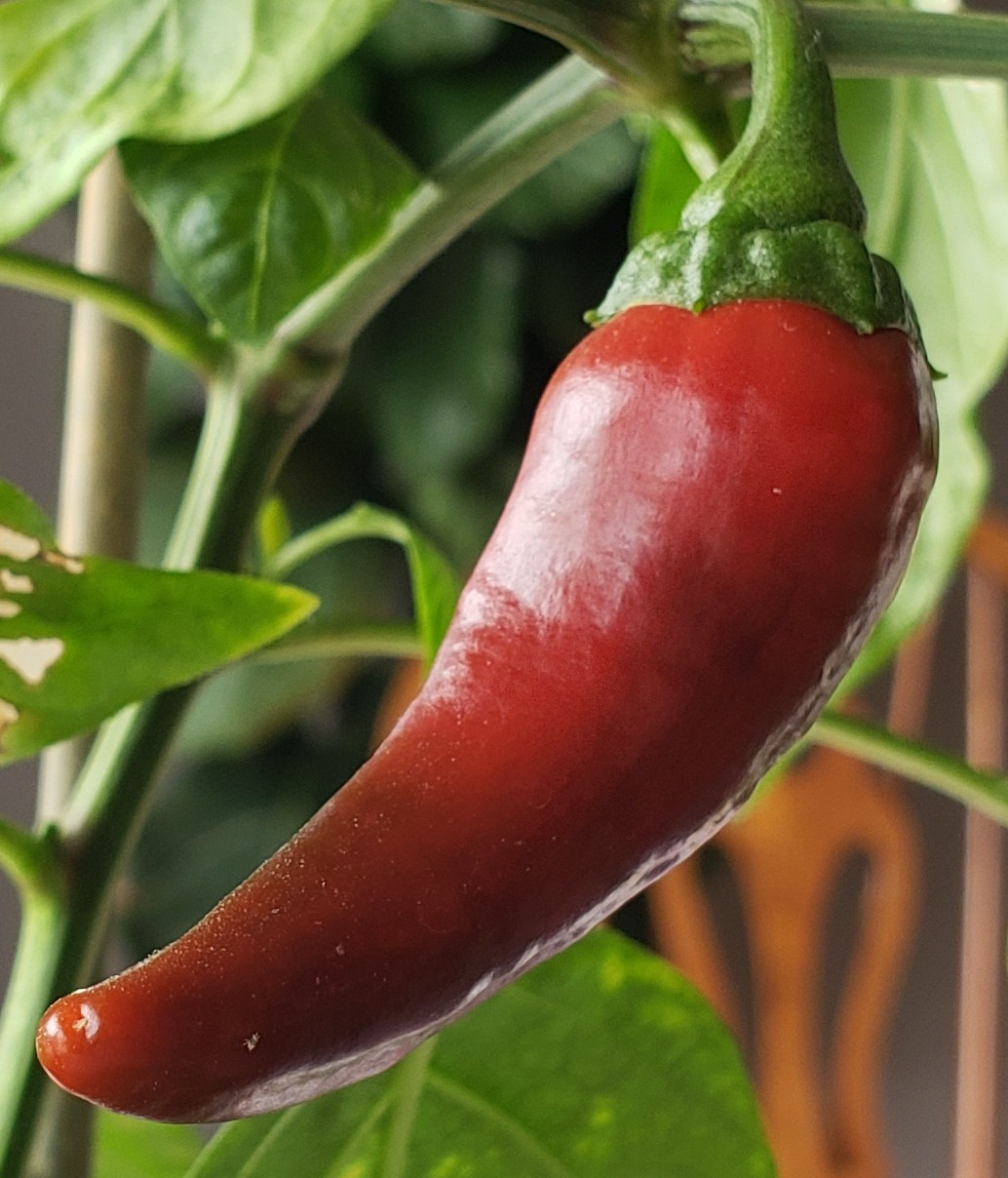I’ve converted the bulk of the lawn on my lot back to prairie/woodland opening, and I feel like everyone is much more chill. I now have wasps, yellowjackets, and of course bees amicably buzzing around, in addition to the WASPs telling me how much they like it.
Removed by mod
i tried planting butterfly weed from seed, starting indoors and outdoors, this year but they didn’t grow. why is growing a weed so hard

Removed by mod
nope, they didn’t even germinate! i also planted a few lambs ear seeds and they’re thriving with such big leaves now. i’m either doing something very wrong or it’s a bad batch of seeds lol.
you should definitely feel proud, monarchs need all the help they can get. the caterpillars always look so cute, i hope they grow happy and strong!
Removed by mod
I went to the nursery this weekend and loaded up on natives for my front yard. I’d tried to do sowing of native meadow seed last fall but it didn’t take. I think squirrels and birds ate most of it before spring. So now we’re doing intentional planting.
But it was a grass lawn before and now it’s not so progress at least.
I really recommend reading ‘The Tallgrass Prairie Restoration Handbook’. It’s all super readable, interesting, actionable ideas and theory for growing prairie from degraded fields.
I love that! I actually haven’t read that one- but SER press is always good. Thanks! I’ve been trying to experiment with small scale prairie restoration at my home- I have one garden going on 2 years old, and one going on one. Going to try interplanting with edibles and see how they compare with my raised bed stuff. I’ve been giving out seed and instructions with how to establish it in a box on the sidewalk. I wish there was a way to non-intrusively have people submit location/condition info, because I feel like it’d be cool to map/develop an urban/suburban ecological corridor
I would be super interested in this too! There has to be a citizen science project about this. Probably, you could look at native plant citizen science datasets and roughly extrapolate soil conditions from the presence of preferential plants. Although so much prairie/native restoration around me is just a few very hardy grasses at this point with a few ruderals like asters and goldenrods that will grow literally anywhere in my region lol.
You might find these helpful! Prairie Moon and a handful of other nurseries have great guidance documents on plants, how to design with them, and their needs. My understanding from this guidance is that butterfly weed (Asclepias tuberosa) requires 30 days of cold stratification prior to germination. You can mimic this by putting the seeds in a bag of sand in your fridge for 30 days prior to planting, or what works for me is to wait until the first snowfall and spread the seeds. This way they get stratification, they’re less prone to birds picking them off, and in the spring they have good contact with the soil and they get a good source of water.
Depending on your area though, it is often easier to start with plant “plugs” and supplement with seeds.
https://www.prairiemoon.com/catalogs/2023.Prairie-Moon-Nursery-Cultural.Guide.pdf
https://www.prairiemoon.com/PDF/Prairie-Moon-Nursery.Seed-Starting-Basics.pdf
this is really helpful, thanks a lot comrade! i will definitely try planting them again.


